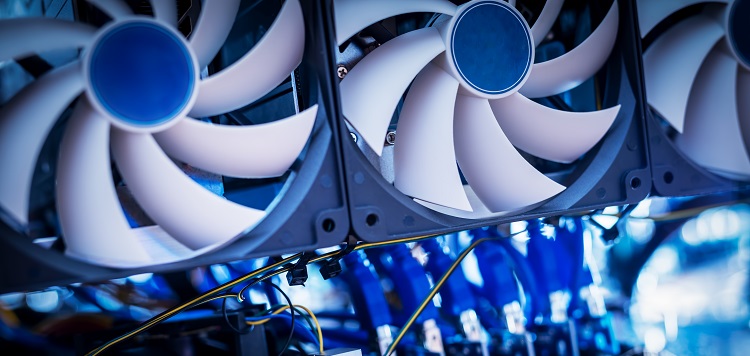The graphics card industry is about to witness a major shake-up as Intel prepares to enter the market with its standalone graphics card, the Arc Alchemist. The company, known for its processors, is hoping to take on established players like AMD and Nvidia with its new product. Here’s what we know so far.
Intel’s Arc Alchemist: the First Stand-Alone Graphics Card
The Arc Alchemist is set to make its debut in Q1 2022. It will be the first standalone graphics card that Intel has ever released. The company’s previous foray into discrete graphics was the Larrabee project in 2010, which was ultimately abandoned. However, the Arc Alchemist is promising to be a game-changer. The Arc brand will comprise a range of GPUs, and the Alchemist will be the first of many. Intel is promising that its range of GPUs will extend across multiple hardware platforms and several generations.
A dedicated premium gaming brand
Intel Arc is a dedicated premium gaming brand that promises to differentiate itself through its AI and ML capabilities. The Arc brand includes both hardware and software, with a focus on delivering the best possible gaming experience. Raja Koduri, the head of Intel’s accelerated computing systems and graphics group, said that the company has been working with game developers to account for a range of workloads as part of an early-access program.
Leadership Insights: Raja Koduri
Raja Koduri has been instrumental in Intel’s push into the graphics card market. He previously worked for AMD and is an industry veteran. Koduri has stated that the Arc brand will be differentiated by its AI and ML capabilities, and the company acquired video processing company Syntiant in July to help improve its AI and machine learning performance. Koduri has also commented that the company has been working with game developers to ensure that the Arc Alchemist can handle a range of workloads.
Previous foray into discrete graphics
Intel’s previous attempt at discrete graphics was through the Larrabee project in 2010, which was ultimately cancelled but helped the company gain valuable experience in the industry. It provided a foundation for Intel to build upon with its Arc brand. While the project failed to produce a viable product, it taught the company valuable lessons that it has used to develop its new product.
Beta registration
Intel has already opened up a beta registration page for the Arc Alchemist. This will give customers an opportunity to try out the product before its official release. It is an unusual move, but it shows that the company is serious about its push into the market. The page has been flooded with sign-ups, suggesting that there is a lot of interest in the product.
Collaboration
Intel is collaborating with hardware partners to develop a range of high-end gaming laptops. These laptops will pack the company’s new 12th Gen Intel Core processors, along with its forthcoming Arc Alchemist graphics card. This is a smart move as it will allow Intel to showcase the capabilities of its new product.
Gabe Newell, co-founder of Valve, is reportedly working on a “top-secret project” with Intel. Newell has a reputation for being passionate about gaming and was instrumental in the development of the Half-Life series. He is apparently “very bullish” on Intel’s progress, which bodes well for the company.
Intel is about to enter the graphics card market with a bang. The Arc Alchemist promises to be a game-changer, with its focus on AI and ML capabilities. The company has learned from its past mistakes and is well positioned to become a major player in the market. With Gabe Newell reportedly involved in a secret project, it’s clear that Intel is serious about dominating the gaming industry. It will be interesting to see how the company’s new product is received when it hits the shelves in Q1 2022.

